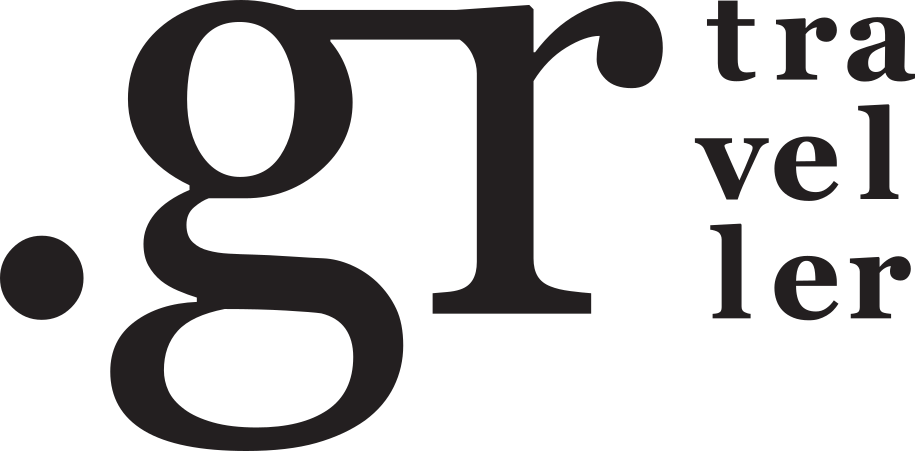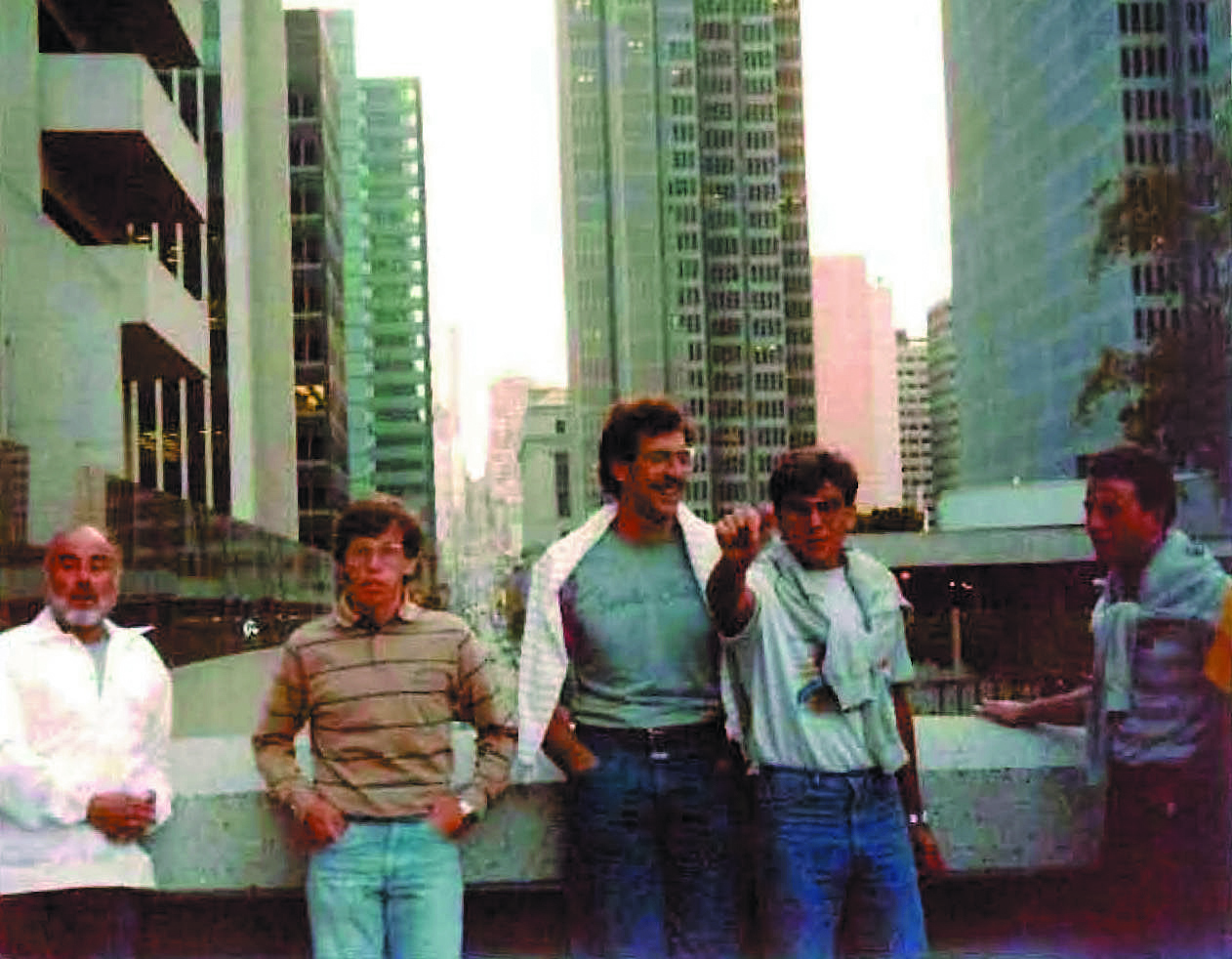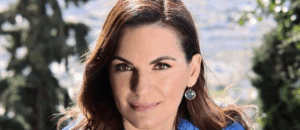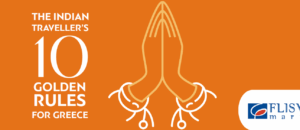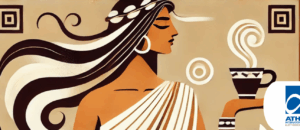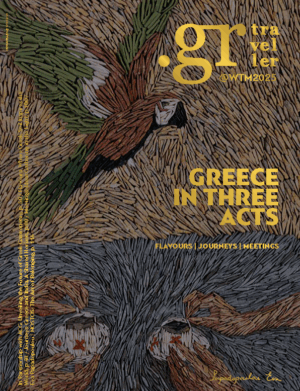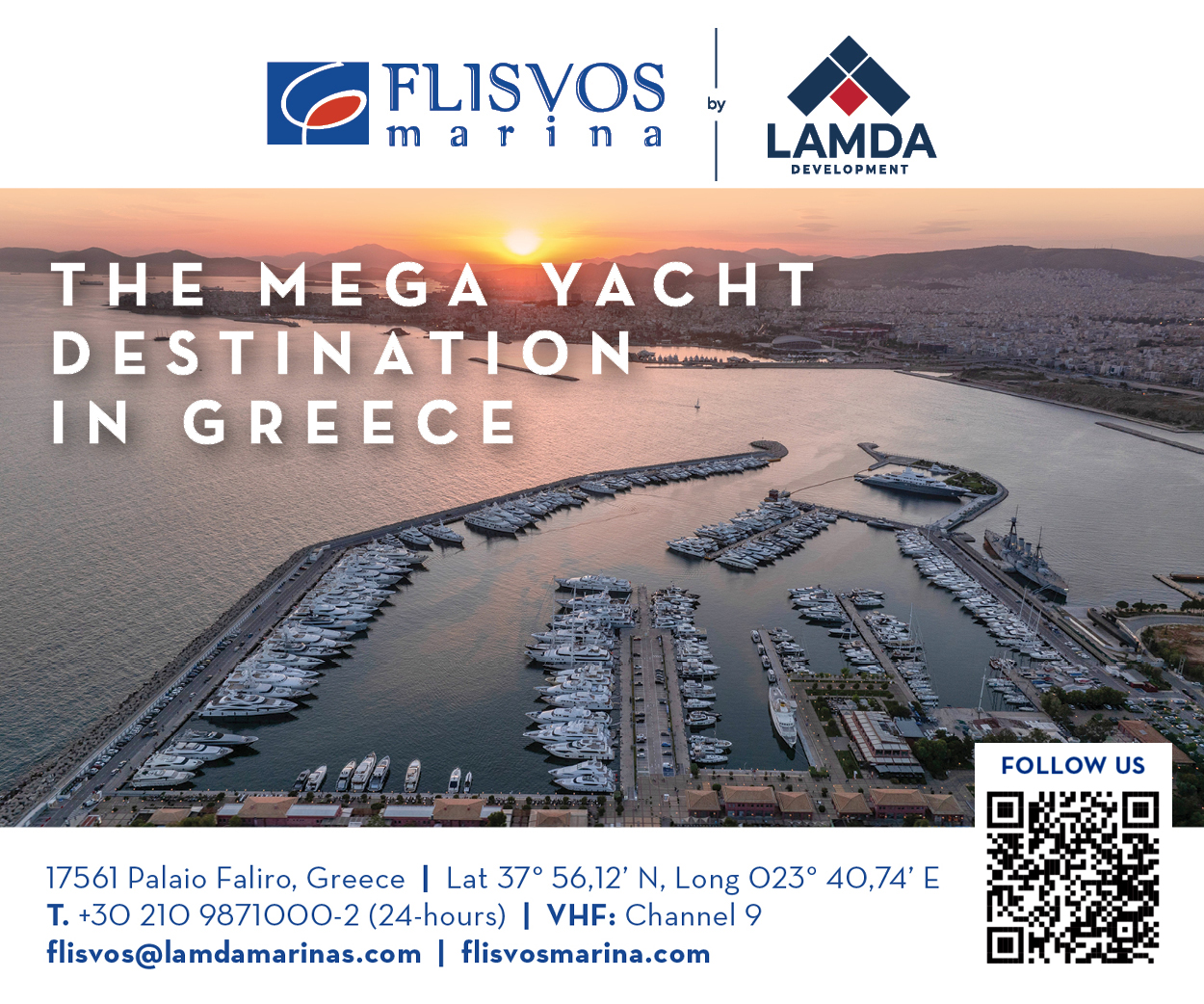INTERVIEW WITH SECRETARY GENERAL FOR SPORT, MR. FROM GEORGOS MAVROTTA TO ANTONIS KIRIKOS
For many, he is the “right man in the right place”. The Olympic Champion Secretary General of Sports George Mavrotas, balancing with precision in the suit of a politician and the attire of an athlete, talks to us about the priorities and actions of the General Secretariat and his own beautiful trips!
What are the most important consequences of coronavirus in the Sport?
The postponement and cancellation of major sporting events and the restrictions now placed on what we knew. If a few years ago we had said that the Olympic Games could be postponed or that sporting activity could be suspended for two months all over the world, nobody would have believed it. Also another important impact is the damage done not only to the top of the sporting pyramid, but also to the bottom, with thousands of amateur clubs unable to have activity and resources because of the measures.
How difficult is it to find the golden mean between the between the safety rules of scientists and the passion and and spontaneity of the athletes?
This is the big bet and that is why, as you have seen, we are doing a careful and gradual opening of the sports facilities, so that there is a gradual transition to a new reality. It’s difficult to find that happy medium, but precisely because sport teaches you discipline and adaptation to situations, we will manage to find it. We just have to adapt to new circumstances and new habits. Especially in team sports. But this will be a “dowry” for the future and when we get rid of the coronavirus some health rules are good to stay because there are other viruses.
What is the next day of sport with the risk of a of a new wave of pandemic in the autumn?
We will be much more prepared. Protocols already exist or are being developed and tested. People and society are aware of the danger and are alert. Our attitudes have already adapted. Now whether the games will become more silent, with no spectators and no hugs is something we’ll have to get used to until the vaccine comes out. However, we need to put more emphasis on the sport we do, compared to the sport we see.
What were your main priorities when you took over Secretary General for Sport; Which ones have been carried out?
The General Secretariat for Sport has an executive role in Greek sport. My priorities from the very beginning were to see both sport and athletics as equally important, as I consider them to be interconnected. The pyramid of sport to have a high top needs a wide base, so that the structure is solid. If we do not pay attention to the infrastructure, if we do not pay attention to the basic cells of sport, which are the amateur clubs, if we do not organise the system so that every euro that goes into sport pays off, then we will be building on sand. In this respect, the creation of the evaluation system of the HILON Federations, which is also linked to funding, is something we are proud of: in 6 months in office, something I have been hearing about since I was an athlete. Also, as a former athlete myself, I believe that the role of athletes in today’s society should be upgraded, that they have a lot to say to young children or even adults about the “dowry” that sport gives you and is useful throughout your life. And this is something that is being implemented through the “Live Sports” action of the GGA to which former and current champions contribute. Finally, apart from the sport we do, there is also the sport we consume, which has specific pathologies such as match manipulation, an issue that is constantly rising on the international sports agenda and Greece must look the problem in the face and address it. The first steps have been taken with the ratification of the Macolin Convention, but much remains to be done.
Sport means culture, contribution and solidarity. For What actions of the Ministry of State for Sport are you proud of?
The actions that we have done recently through “Live Athletically” with blood donations or the collection of money from sports auctions for the health system is something that proves the social contribution of sport. This will be followed by actions in schools such as the “School of Sport” programme where well-known champions will talk and discuss with students about their experiences and the lessons they have learned from the school of sport, in an organised and structured way. We had already started, but we were a little bit cut off by the coronavirus, but we will continue, because I think it is very important to have this experiential relationship between children and the protagonists of sport, they can pass important messages to them.
Sports Tourism is showing a distinct boom with excellent events all over Greece. There is a support plan in cooperation with Regions and Municipalities;
Yes, sports tourism is an important comparative advantage of the country. We have some global sporting landmarks such as Olympia, Marathon, Olympus that we have not exploited as much as we could. We have the best open sea sporting venue in the world called the Aegean Sea with its hundreds of islands and the beautiful Ionian Sea. We have mountain and sea. Each of our places has its own gifts that can be exploited in the field of sports tourism and even become a world destination such as Kalymnos in climbing or Amorgos in diving. Of course, synergies are needed with Regions, Municipalities and the Ministry of Sport so that we as GSA can transfer the sports know-how to them. And of course we are not afraid to talk about the important role that the private sector can play, as we have some of the best sports event managers in the world. The state does not need to cap everything, but to set the framework and assist for the ultimate benefit of the country.
In your rich sports resume, five stand out Olympians. What will be for you the global message of the Olympic Games of 2021?
As I said when the Tokyo Olympics were postponed, the flame is not extinguished, it will just stay lit a little longer. I hope that the Tokyo Games will be a milestone in the world’s return to normality after the coronavirus adventure.
What is your individual sporting escape after a hard day?
My “gym” is the attic where I have a treadmill, weights, a barbell and tires. I’ve been doing treadmill watching shows on my laptop (the last one was “Last Dance” which I enjoyed because I saw a lot of familiar things from backstage sports that are usually behind the “glittery” curtain). Walking the dog every morning is my morning exercise and in the summer I swim in the sea mainly on weekends when I have time. No more chlorine, just salt…
Your two favorite destinations in Greece and abroad?
After almost 25 years of a sports career, which inevitably involves a lot of travel, you know where you’d like to go again (and where you wouldn’t want to go again…). From abroad I was fascinated by Barcelona and I really liked Sydney. From my time at the Council of Europe I also got to know Strasbourg, which is also an excellent city. Greece has amazing destinations that you won’t be able to see half of them in a lifetime. Favourite destinations are Hydra (amazing light, wild waters, one and a half beaches) and Pelion (mountain and sea two in one). But whatever you want in Greece you will find it. Snow and mountain, sand and sea, forest and walking, we have it all almost everywhere in the Peloponnese, Crete, Epirus, Macedonia, Thrace, Roumeli, islands. But you should always know that the best destination is our childhood and because I spent it in Vouliagmeni, I wouldn’t change it for anything.
Is there a destination you are always planning to visit? but you still haven’t made it?
Many, not just one. Both in Greece and abroad. And I also like the journey as a separate process, not just the arrival at the destination. But the best destinations are always about the people. With good company, even a “humble” destination is idealized. So apart from the “where” it is also important “with whom”.
